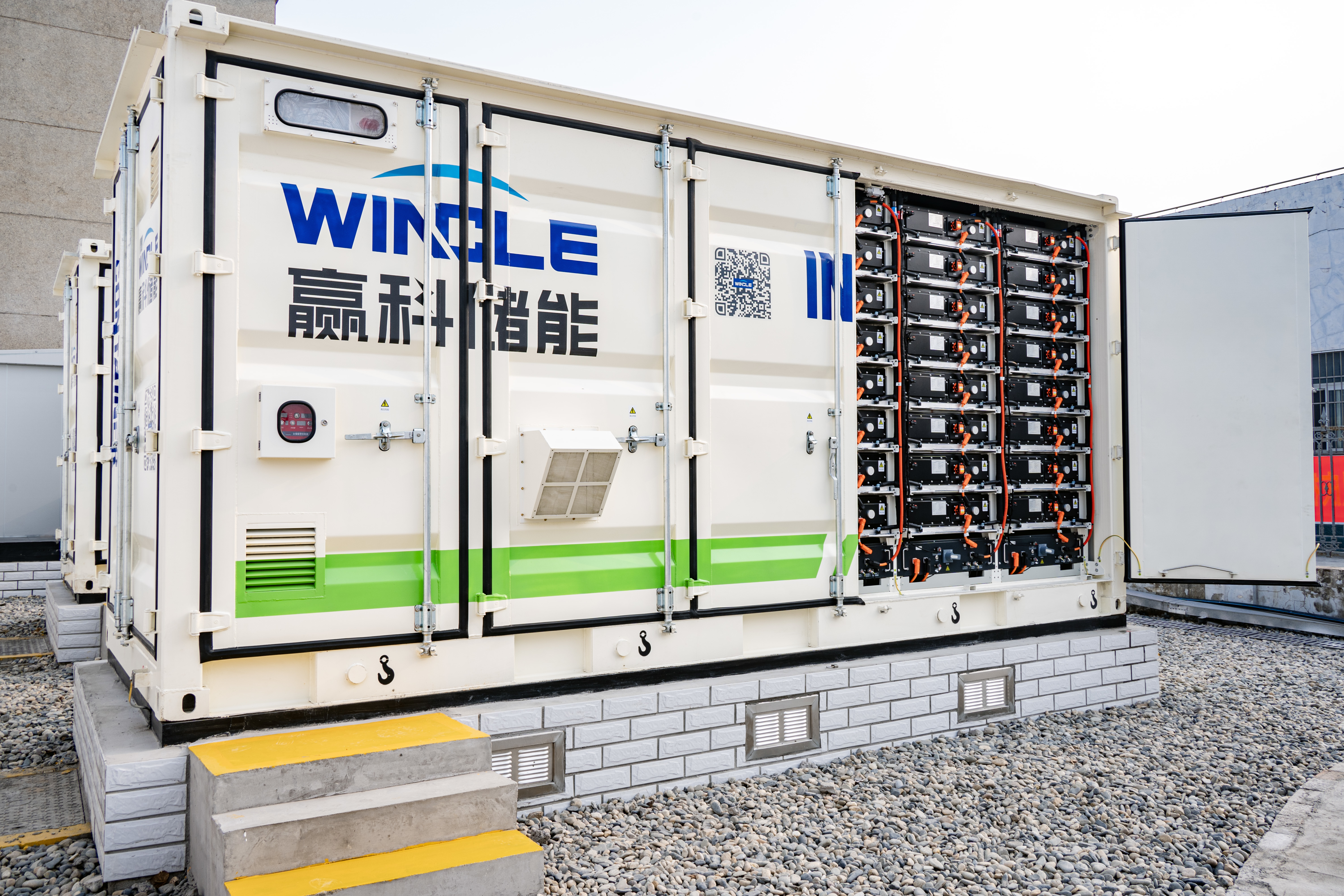Understanding Solar Systems and Battery Storage: A Guide to Sustainable Energy Solutions
Release time:
2025-03-16
Source:
As the world increasingly shifts towards renewable energy, understanding the dynamics of solar systems and battery storage has become essential for both homeowners and businesses. Solar system and battery storage systems harness sunlight to produce electricity, and when paired with battery storage, they offer a powerful solution for energy management.

Solar systems consist of photovoltaic (PV) panels that convert sunlight into electrical energy. This energy can be used immediately to power your home or business, and any excess can be stored in batteries for later use. Battery storage systems are crucial for maximizing the benefits of solar energy, allowing for energy use during peak demand times or when the sun isn't shining.
Battery storage works by capturing surplus energy generated during periods of peak sunlight. This stored energy can then be used during the evening or on cloudy days, reducing reliance on the grid and improving energy independence. One of the primary benefits of integrating battery storage with solar systems is the enhanced reliability it provides; users can have a continuous power supply, which is particularly advantageous during power outages or emergencies.
Moreover, the combination of solar energy systems and battery storage contributes to cost savings on electricity bills. By utilizing stored energy during peak pricing periods, users can significantly reduce their energy expenses. Additionally, many regions offer incentives for those who invest in solar energy and battery systems, further enhancing their economic viability.
When considering battery storage, it is essential to evaluate various types available in the market, such as lithium-ion and lead-acid batteries. Lithium-ion batteries are popular due to their efficiency, longevity, and lighter weight. However, lead-acid batteries can be a more cost-effective option upfront, albeit with a shorter lifespan and lower efficiency.
Installation of solar systems and battery storage requires careful planning and consideration of factors such as energy needs, available space, and budget. Consulting with a professional can provide valuable insights and help in designing a system that maximizes the benefits of solar energy.
In conclusion, integrating solar systems with battery storage is a forward-thinking approach to energy management. It enhances sustainability, provides energy independence, and can offer financial benefits through reduced energy costs. As technology continues to evolve, the potential for solar and battery solutions to power our lives sustainably grows, making now an ideal time to explore these innovative options.
solar system and battery storage
latest news












